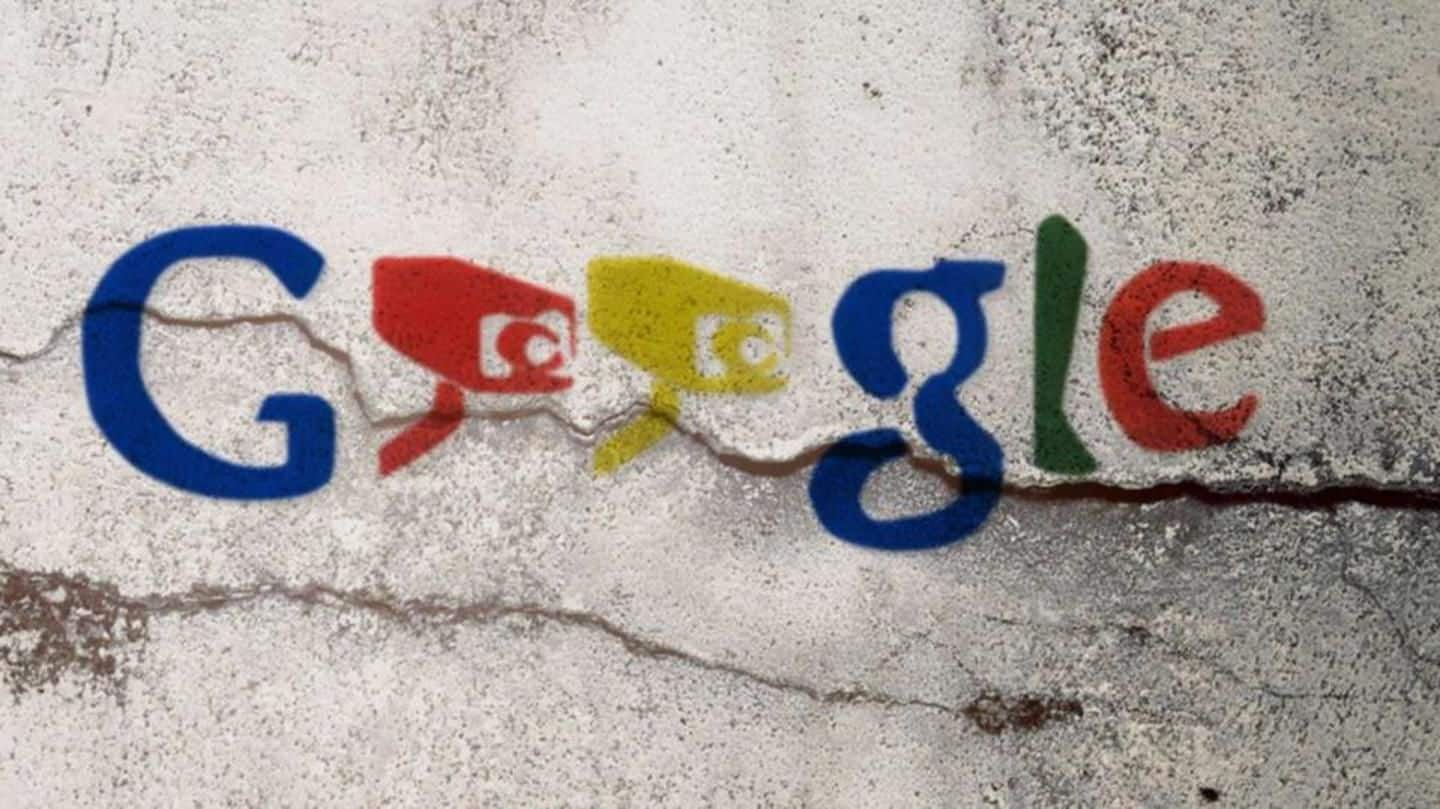
Now, Google is tracking your offline Mastercard transactions
What's the story
Just weeks after reports surfaced that Google tracks you even with your Location History turned off, a Bloomberg report has now revealed a secret deal between Mastercard and Google. The deal allows the search giant to track offline sales using Mastercard transaction data. In essence, this enables Google to match ad clicks with actual offline, retail sales, thereby giving retailers invaluable ad-conversion information. Outraged? You should be.
Agreement
Data for money: Google's deal with Mastercard
Over the course of four years, Google came to an agreement with Mastercard which gives it access to the transaction data of the two billion odd Mastercard-branded credit and debit cards that are currently in circulation. For the data, Google reportedly paid Mastercard millions of dollars, and an ad revenue sharing discussion was also held. So, what exactly is going on?
How
Store Sales Revenue: Google's secret weapon for tracking offline transactions
In 2017, Google launched its "Store Sales Revenue" tool for this purpose. Google already knows when a user logged into a Google account clicks on an ad. Armed with offline transaction data from Mastercard, it can then track whether such a user visits a brick-and-mortar store and makes a purchase. This effectively amounts to knowing whether an ad results in an offline purchase.
Information
A simple example of how the tracking works
For instance, X advertiser puts an ad for a t-shirt on Google. A user clicks on the ad, but doesn't purchase the t-shirt. The user then, within 30 days, visits X's store and purchases the t-shirt. Google then knows about the click, and the purchase.
Conversions
How Google generates ad conversion reports for offline sales
The aforementioned practice gives Google the knowledge to provide advertisers with a revenue report that lists the percentage of people who go to brick-and-mortar stores and make a purchase within 30 days of interacting with an online ad. Of course, Google and Mastercard claim that the transaction information is encrypted so that neither party can access personally identifiable information of these customers.
Metric
The deal enables Google to give insanely accurate insights
With online ads having become the most dominant advertising mode, advertisers have long been trying to find a link between online advertisements and offline sales. While Google had been providing advertisers with information about store visits (using Location History) resulting out of ad clicks since 2014, exact conversions from ads couldn't be pinpointed without transaction data. Now, Google has a much more accurate metric.
Bad to worse
Google could strike similar deals with other payments companies
If the deal with Mastercard itself wasn't bad enough, what makes it even worse is the secrecy with which it was penned. Indeed, if four people familiar with the developments hadn't spoken to Bloomberg about it, we'd still be in the dark about this kind of tracking. What's more? Reportedly, Google is also looking to strike similar deals with other payments companies. Goodbye privacy.